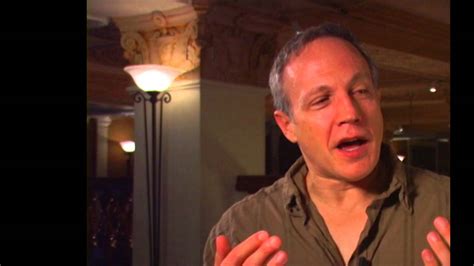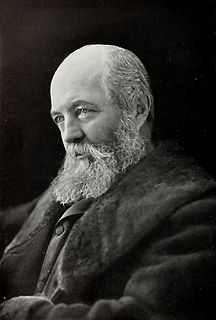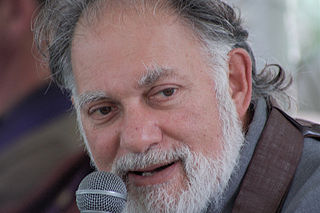A Quote by Henry James
The effect, if not the prime office, of criticism is to make our absorption and our enjoyment of the things that feed the mind as aware of itself as possible, since that awareness quickens the mental demand, which thus in turn wanders further and further for pasture. This action on the part of the mind practically amounts to a reaching out for the reasons of its interest, as only by its ascertaining them can the interest grow more various. This is the very education of our imaginative life.
Related Quotes
Realizing that our minds control our bodies while our bodies reflect our minds amounts to understanding the most fundamental aspects of ourselves. It further equals a comprehension of the relationship between our "tools." And since the mind and body are interrelated, this understanding makes it easier to see why coordinating them is a practical way of using these tools to greatest effect-a way of using the mind and body to live our lives as art.
This is a very fundamental reason why man cannot become meditative - or why very few men have dared to become meditative. Our training is of the mind. Our education is for the mind. Our ambitions, our desires, can only be fulfilled by the mind. You can become president of a country, prime minister, not by being meditative but by cultivating a very cunning mind. The whole education is geared by your parents, by your society, so that you can fulfill your desires, your ambitions. You want to become somebody. Meditation can only make you a nobody.
Is it really in our countrys best interest to signal to the enemy that they probably only have to wait us out a little longer because congressional determination to defeat them is crumbling? Doesnt such a resolution further diminish our chances for success at the very time our soldiers are preparing to go into battle? And finally, regardless of our politics is this the time to announce to the world that our president is 'on his own'?
The three branches of somaesthetics: the analytic study of the body's role in perception, experience, and action and thus in our mental, moral, and social life; the pragmatic study of methodologies to improve our body-mind functioning and thus expand our capacities of self-fashioning; and the practical branch that investigates such pragmatic methods by testing them on our own flesh in concrete experience and practice.
With self-awareness you grow more intelligent. In awareness you learn, in self-awareness you learn about yourself. Of course, you can only learn what you are not. To know what you are, you must go beyond the mind. Awareness is the point at which the mind reaches out beyond itself into reality. In awareness you seek not what pleases, but what is true.
Either you look at the universe as a very poor creation out of which no one can make anything, or you look at your own life and your own part in the universe as infinitely rich, full of inexhaustible interest, opening out into the infinite further responsibilities for study and contemplation and interest and praise. Beyond all and in all is God.
To all of which is added a selection from the elementary schools of subjects of the most promising genius, whose parents are too poor to give them further education, to be carried at the public expense through the college and university. The object is to bring into action that mass of talents which lies buried in poverty in every country, for want of the means of development, and thus give activity to a mass of mind, which, in proportion to our population, shall be double or treble of what it is in most countries.
If we analyze the operations of scenes of beauty upon the mind, and consider the intimate relation of the mind upon the nervous system and the whole physical economy, the action and reaction which constantly occur between bodily and mental conditions, the reinvigoration which results from such scenes is readily comprehended. . . . The enjoyment of scenery employs the mind without fatigue and yet exercises it; tranquilizes it and yet enlivens it; and thus, through the influence of the mind over the body gives the effect of refreshing rest and reinvigoration to the whole system.
Why do we not exhaust the heritage of the ages, spiritual and material for our immediate pleasure, and let posterity go hang? So far as simple rationality is concerned, self-interest can advance no argument against the appetite of present possessors. Yet within some of us, a voice that is not the demand of self-interest or pure rationality says that we have no right to give ourselves enjoyment at the expense of our ancestors' memory and our descendants' prospects. We hold our present advantages only in trust.
A purely mental life may be destructive if it leads us to substitute thought for life and ideas for actions. The activity proper to man is purely mental because man is not just a disembodied mind. Our destiny is to live out what we think, because unless we live what we know, we do not even know it. It is only by making our knowledge part of ourselves, through action, that we enter into the reality that is signified by our concepts.






































